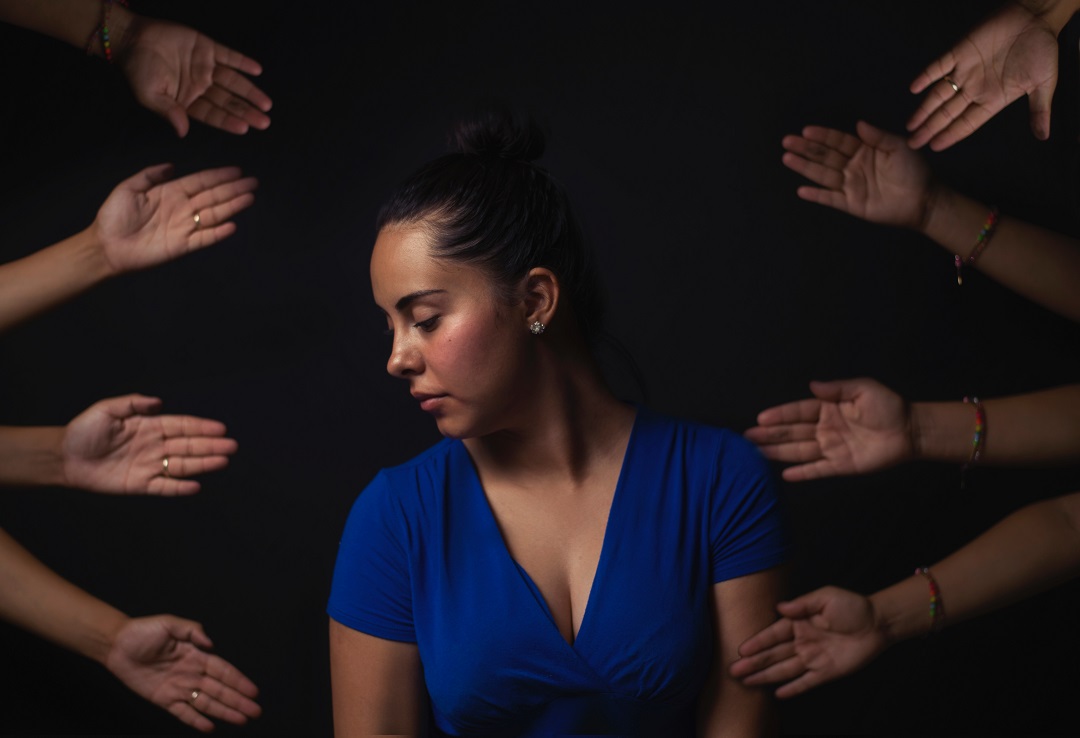Have you ever had a new experience or been to a new event and felt as though there weren’t many people similar to you? Have you ever felt that you don’t share the same educational background or ideas as the rest of the group you are in? Or have you ever had a conversation with someone who has not had the same experience as you, only to hear them say “I understand what you’re going through.” One of our first internal responses is how can this person understand what I’m going through if they’ve never experienced it themselves? This internal conversation is what brought about peer support services.
The Substance Abuse and Mental Health Services Administration defines peer support services as services being delivered by an individual who shares common life experiences with the people they serve. This service has shown to be effective in recovery from behavioral health conditions as well as in other recovery programs. Peer support is an excellent tool in recovery because peer support specialists have gone through the same experiences as the client. One of the reasons for peer support efficacy is in-group bias. Humans make sense of the world by creating categories and fitting what they see into those categories. This can be what separates “us” versus “them”. Throughout our lives, we continuously attract people that are similar to us because it makes us feel comfortable. Support groups are a mental health service that illustrates the effectiveness of in-group bias. Each individual is going through the same event even though the experience may be different. The group is able to find commonality with one another and build trust that enables them to grow. The individual leading that group serves as a model for everyday life. When you have a peer support specialist leading the group, they serve as a real-life recovery role model. Not only are they able to share their experiences with the group but they are able to show individuals within the group that there is hope for a successful life during recovery.
As a graduate student obtaining a Master’s degree in counseling and community psychology, I have learned that one of the first steps in beginning therapeutic services with a client is building rapport and trust. The therapeutic alliance is essential to adequately serving your client. While you are building a relationship and trust between yourself and the client, there is also a power dynamic at hand. The clinician may be viewed as the “head”, “person in charge”, or “higher authority”, by the client. Having a healthy relationship and trust lowers that power dynamic because you are showing that you and the client both need one another to grow. A peer support advocate, being in recovery with the same condition or experience, begins almost at the same level as the client, so there is less of a power barrier to work through. In addition, a client may be more inclined to self-disclose earlier; and feel as though they are participating more because they are also helping the peer support specialist strengthen their recovery.
Peer support services are able to adapt to different stages and processes of recovery, and extend throughout organizational and community settings. They are able to provide support through all stages of recovery, to diverse populations, and give clear pathways to recovery. It is a great tool for individuals in recovery from behavioral health conditions. What is now needed is creating a commonality between the certification.


